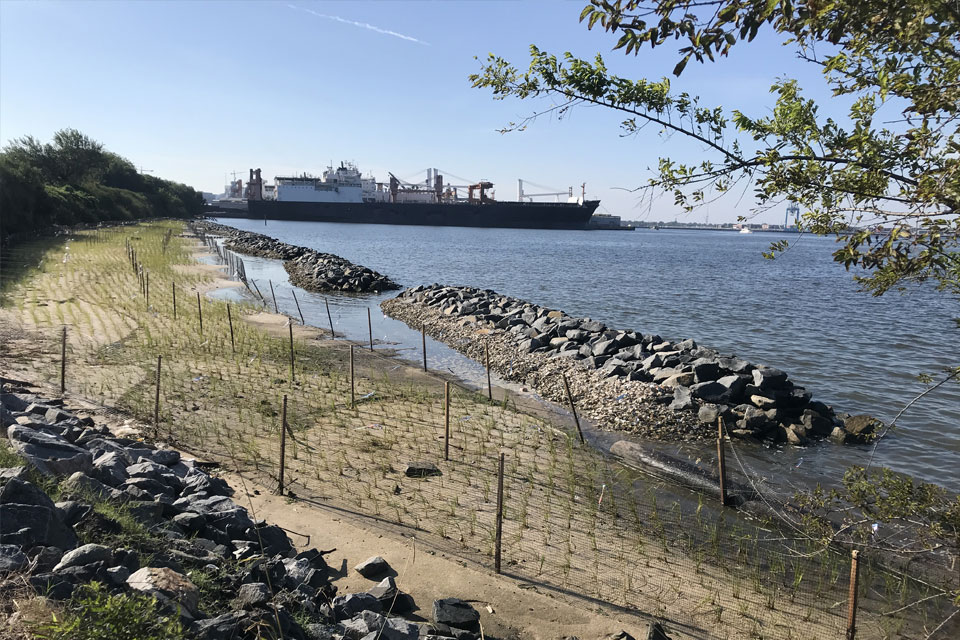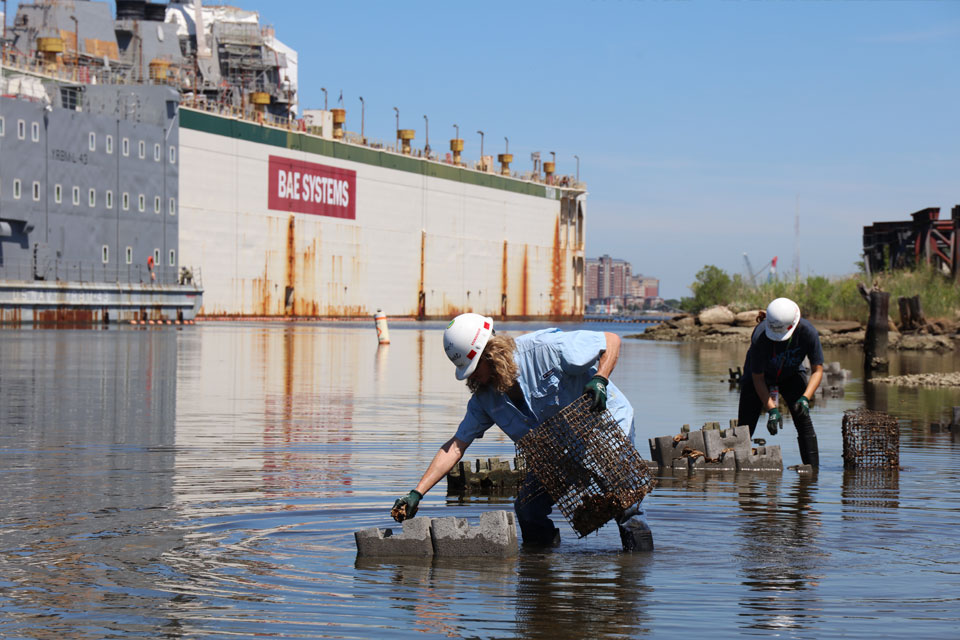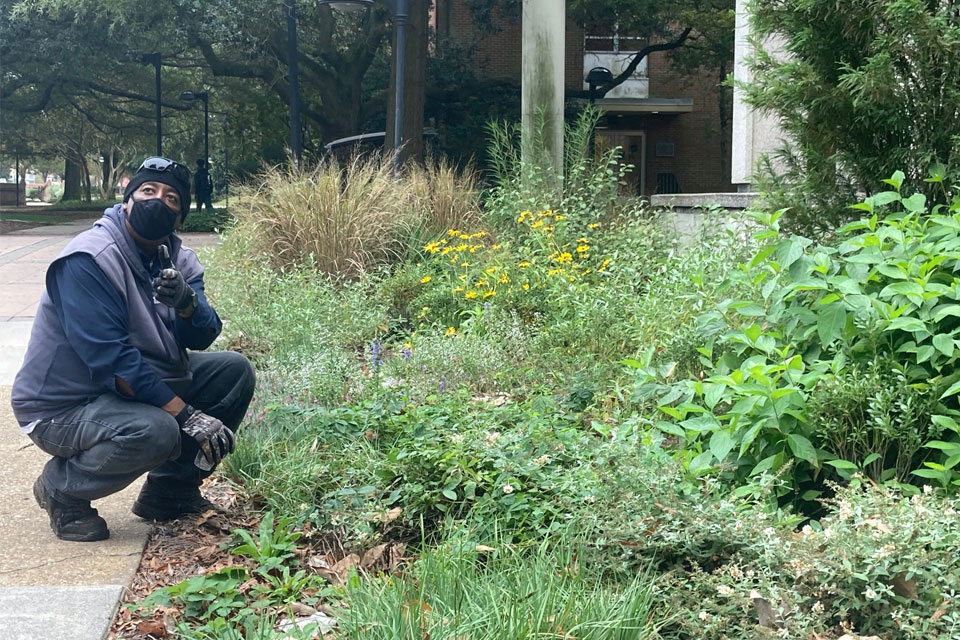Without the help of our River Star Businesses, improving the health of the Elizabeth River would be impossible. We work hard to help businesses find the grants, expertise and resources they need to reduce toxic pollution, improve flood control, and restore crucial wetlands and wildlife habitat. Facilities with significant opportunities to reduce pollution, restore or conserve habitat will benefit the most. Document voluntary results for peer review. Great for public recognition and employee morale. And Do Something Beautiful, too.
Elizabeth River Project’s guide on everything from pollution prevention to wildlife habitat to redeveloping a contaminated site, with examples in Balancing Industry and the Environment: How to Achieve Win-Win on the Industrial Waterfront, A Guide to Sustainable Development Practices.
This guide will help you get started on stewardship efforts.
Become a leader in efforts to address the environmental needs affecting vulnerable communities.
Create your own native garden with these planting guidelines from the Elizabeth River Project - designed specifically for growing conditions in Southeastern Virginia.
This guide highlights the wide variety of native plants found in Southeast Virginia, including the “Hampton Roads” Region. Native plantings are a beautiful and eco-friendly option for outside your business!
Elizabeth River Project’s Guidelines for River Star and Other Partner Plantings is strongly suggested for sites to ensure successful planting and survival.

Norfolk Southern’s shoreline at their Lambert’s Point site was falling into the river at an alarming rate. Instead of a traditional “armoring” approach to stopping the erosion, the company built a living shoreline, which stabilizes the banks and provides vital habitat for river life. Bonus – this more natural approach was 75 percent less costly to implement! Also at this site, Norfolk Southern reclaims stormwater for use in dust suppression, saving 1.5 million gallons of city water a month.

The inaugural River Star Hall of Fame winners have reduced millions of pounds through energy sustainability projects and installed over 300 oyster reef blocks to create an oyster reef at their site. The oysters filter the water while also providing valuable habitat on the main stem of the Elizabeth River.

ODU joined River Star Businesses back in 2004. Now there’s hardly a green practice that can’t be found on the campus, from rain gardens, wetland restorations and underground cisterns to building efficiencies, green roofs and extensive Earth Day celebrations. The university’s 2021 installation of a “floating wetland” on campus is just one more example of the kind of environmental stewardship that got them into the Business River Star Hall of Fame.
To restore the Elizabeth River through equitable collaboration with diverse communities, businesses, and governments.